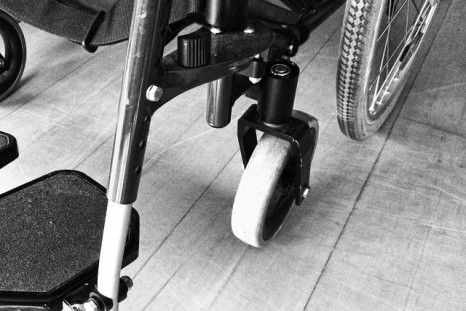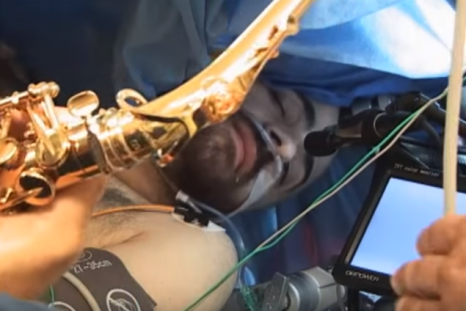Neuroscience

Groundbreaking Mind-Controlled Wheelchairs Help Paralysed Patients Navigate Obstacles
Currently, patients have to undergo an operation to gain mind control of a wheelchair. 
Best Music For Creativity Boost: Study Suggests This Classical Piece May Help
A new study suggests that the classical concerti Four Seasons by Vivaldi may boost creativity when compared to silence. 
Why A Study On Yawning May Lead To A Tourette’s Syndrome Treatment
We all know yawning is contagious, but new research into why it's so catching may end up benefiting patients with Tourette's syndrome. 
Man Plays Saxophone During Brain Tumor Surgery To Show Musical Ability Was Preserved
A saxophone player serenades doctors on the operating table as he undergoes brain surgery. 
Dementia Facts Vs. Myths: The Reality About Mental Decline In Old Age
Four myths and facts about dementia that will help you understand the issues people with the neurological disorder and their families and caregivers face on a daily basis. 
Dance Classes Can Improve Brain Health In Old Age Via Increasing Hippocampus
Dance class can help reverse some signs of aging in the brain by enlarging the hippocampus and improving balance. 
Trouble Falling Asleep Linked To Dementia Risk; Here's How To Sleep Better
The amount of REM sleep you get may predict your risk of developing dementia. 
The Possible Ways To Bring Brain-Dead Patients Back To Life
Scientists believe stem cell therapy could potentially bring brain-dead patients back to life. 
Effects Of Marijuana On The Body: Smoking Pot Linked To Abnormal Gait
Researchers at the University of South Australia find marijuana use can have long-term effects on how a person walks. 
How The Brain Learns In 2 Sleep Stages And Boosts Memory Recall
The brain is able to learn new information as you sleep during these two sleep stages.



























